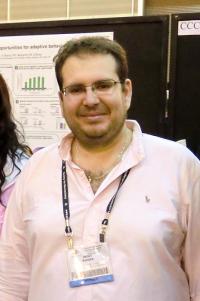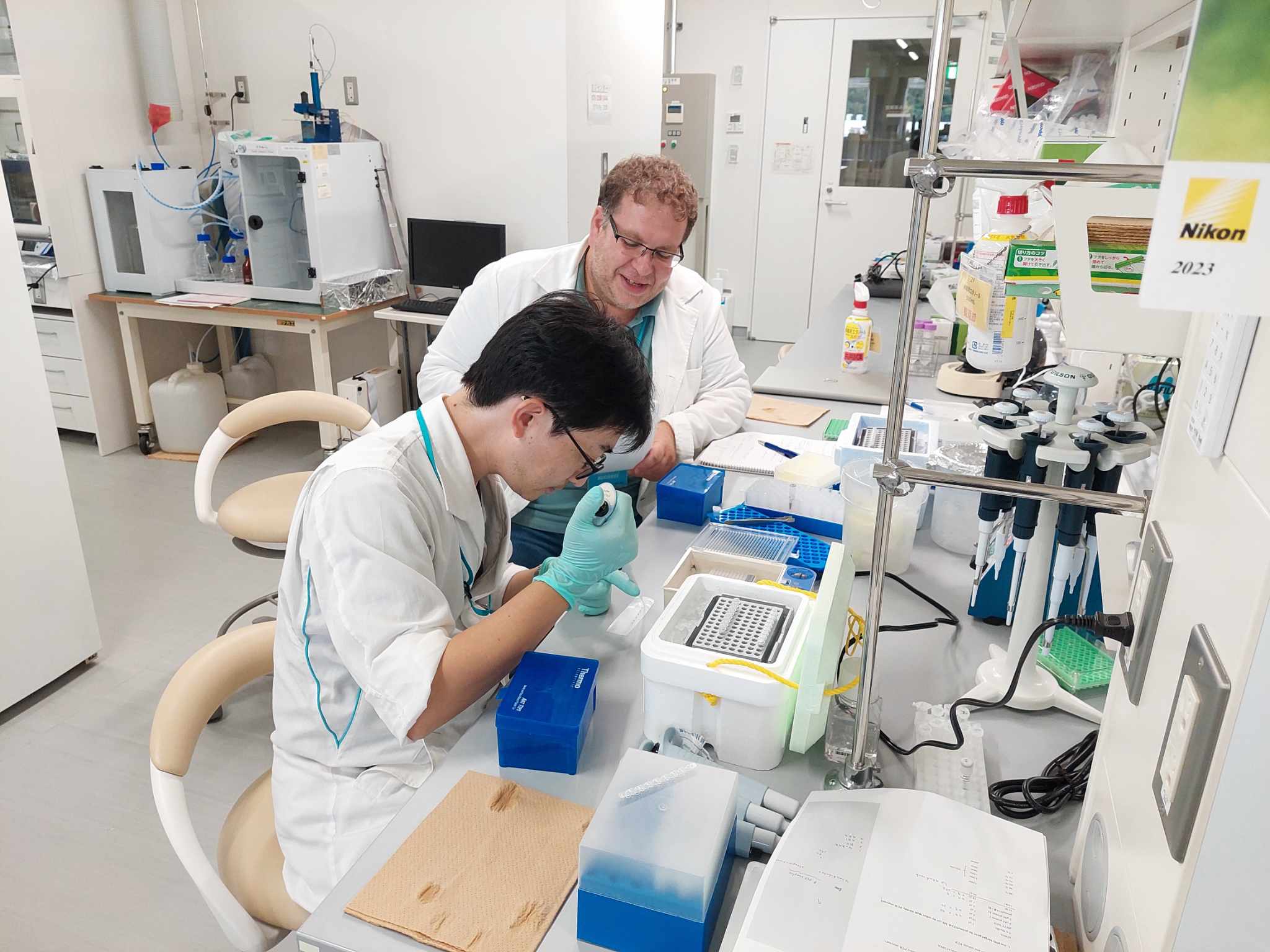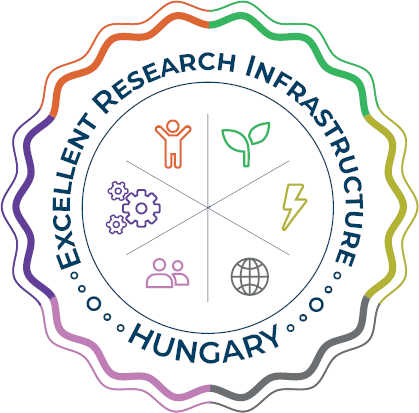
Zsolt PIRGER, PhD
Since April 2021, I have been the head of the Ecophysiological and Environmental Toxicology Research Group, encompassing the former Adaptation Neuroethology Research Group (2014-2021), supported by the National Brain Research Programs (NAP1.0-3.0).
My research activities (from 2013) generally focus on investigating the effects of human-derived (anthropogenic) organic pollutants (e.g., drug residues, UV-filter compounds, microplastics, etc.) and cyanobacterial-origin algae toxins (e.g., BMMA, peptide-type cyanotoxins) on the behavioural patterns of invertebrate aquatic species (e.g., Lymnaea stagnalis, Daphnia magna), as well as uncovering the effects of these pollutants on the underlying cellular, and molecular processes. I investigate anthropogenic and natural environmental influences disrupting the (neuro)physiological processes of invertebrate organisms at individual, organ, tissue, cellular, and molecular levels applying modern multidisciplinary methods, including behavioral tests, electrophysiology, functional morphology, IHC, WB, PCR, in situ hybridization, and LC-MS.
The Balaton Limnological Research Institute (BLRI, Tihany, Hungary) has a nearly 50-year history of internationally recognized invertebrate neurobiological research. As a result, we have unique comprehensive knowledge regarding the functioning and structure of neural networks underlying various behavioural patterns (e.g., feeding, reproduction, respiration, and learning). Using this knowledge, with our pioneering emeritus professors (Prof. Károly Elekes, Prof. Tibor Kiss) and our international collaborators (Prof. György Kemenes, Prof. Paul Benjamin, Prof. Ákos Vértes, Dr. Veronica Rivi), we can directly investigate the neural networks involved in learning and memory processes and the key neurons constructing them. This allows us to examine the neurophysiological and neurodegenerative effects of anthropogenic chemical pollutants detected in the waters of Lake Balaton (e.g., psychoactive pharmaceutical residues) or natural cyanotoxins.
Our mission is to establish Lake Balaton as a large-scale sentinel ecosystem for understanding freshwater ecosystems under multiple (natural and anthropogenic) stressors, while its vision is to become an internationally recognised hub for professionals in sustainable water science. The research infrastructure of our institute will enable multidisciplinary, system-level investigations integrating limnological, chemical, analytical, ecotoxicological, physiological, and molecular biological perspectives to address key global challenges in water research. It opens frontiers in the analysis of natural (e.g. cyanotoxins) and anthropogenic stressors (including drug residues, UV-filters, rodenticides, microplastics) by coupling high-throughput environmental monitoring with controlled laboratory and mesocosm experiments. Within Hungary, such an integrated approach to surface water research is uniquely available at BLRI in Tihany. This approach also allows for assessing (neuro)physiological impacts across biological levels – from organisms to tissues, cells, and molecular pathways. Such integration is essential for advancing mechanistic understanding of how micropollutants and climate change interact to shape aquatic ecosystems.
As part of supported research projects, I specifically focus on:
Characterization of the neurophysiological and neurodegenerative effects of cyanotoxins isolated from Lake Balaton using a well-established invertebrate model system – National Brain Project 3.0 (NAP3.0, 2022-2026; NAP2022-I-10/2022, PI)
Spatiotemporal detection of anthropogenic pollutants in Lake Balaton and its catchment area - National Laboratory for Water Sciences and Water Safety (VVNL, 2022-2025; RRF 2.3.1-21-2022-00008, Subproject Leader)
The role of soil organic matter stability in the absorption and release of pharmaceuticals - Hungarian Scientific Research Fund (OTKA, 2022-2026; OTKA142865, Senior Participant Researcher)
Cellular and molecular mechanisms of age-related changes in the neural network encoding associative memory - Hungarian Scientific Research Fund (FK-OTKA, 2021-2025; OTKA138039, PI)
Previous significant projects:
National Brain Reseach Project 2.0 (2017-1.2.1-NKP-2017-00002; PI (2018-2021)
National Brain Reseach Project 1.0 (KTIA_NAP_13-2-2014-0006; PI (2014-2018)
The Szent-Györgyi Albert Homecoming Postdoctoral Program within the framework of the “National Excellence Program” (A2-SZGYA-FOK-13-0003); PI (2014, 16 months)
Postdoctoral Hungarian Scientific Research Fund (PD OTKA-109099); PI (2013-2016)
„Momentum” Research Found of Hungarian Academy of Sciences (LP 2011/007), subcontractor researcher (2011-2016)
BBSRC Research Fund (R3EL4600); participant researcher, Sussex University, Brighton, UK (2010-2013)
Hungarian Scientific Research Fund (OTKA-78224); participant researcher (2009-2013)
Hungarian Scientific Research Fund (OTKA-49090); participant researcher (2005-2008)
Hungarian Scientific Research Fund (OTKA-43216); participant researcher (2003-2006)
Major awards/scholarships:
“Researcher of the Year” Award by the Veszprém Committee of the Hungarian Academy of Sciences (MTA VEAB, 2022)
Bolyai János Research Scholarship (Hungarian Academy of Sciences, 2021)
Bolyai János Research Scholarship (Hungarian Academy of Sciences, 2016)
“Researcher of the Year” Award by the Veszprém Committee of the Hungarian Academy of Sciences (MTA VEAB, 2014)
Guarantors of Brain (Brain, UK, 2011)





